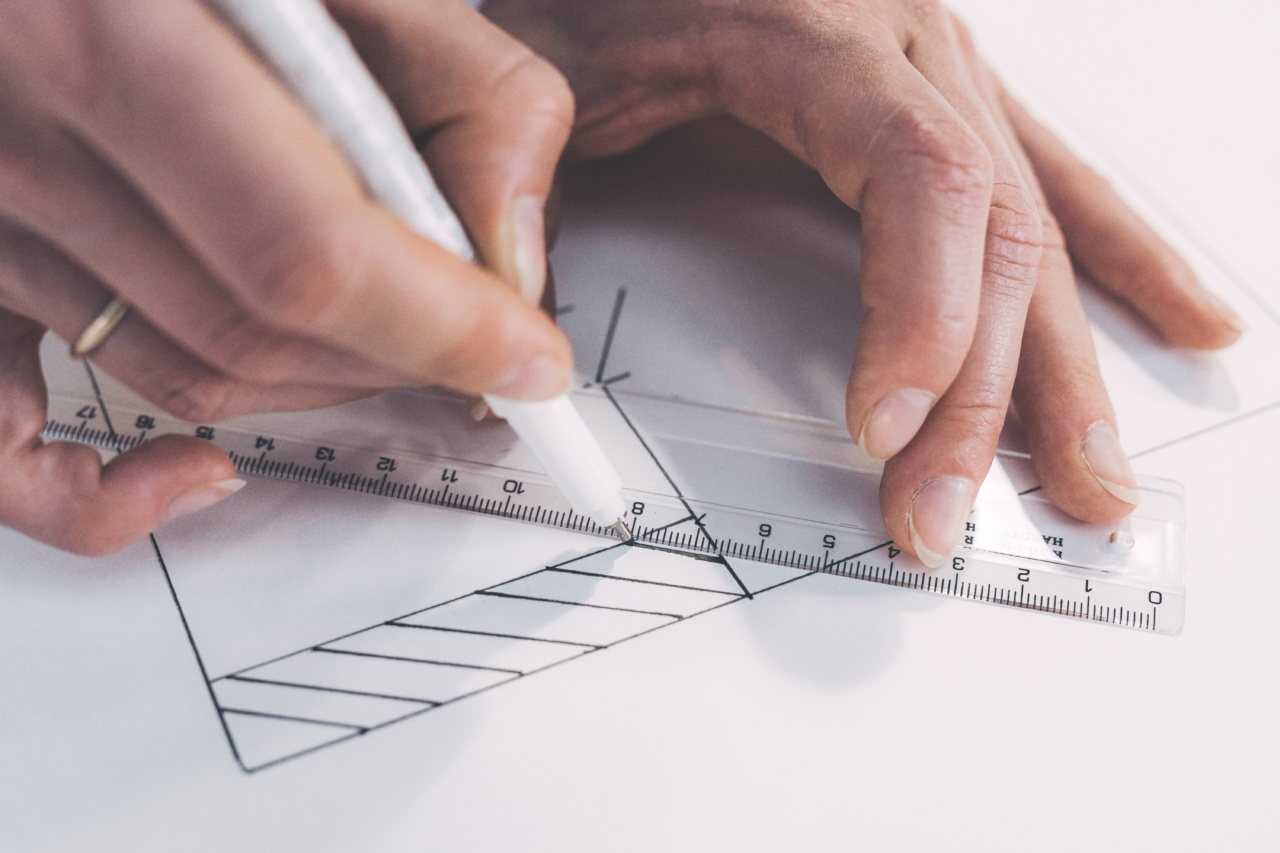For many people, losing weight is synonymous with counting calories and obsessively stepping on the scale. While monitoring your weight can be a useful tool for tracking progress, it only tells a small part of the story.
Successful weight loss goes beyond the number on the scale and encompasses a range of physical and mental factors that contribute to your overall health and wellbeing.
Focus on Health, Not Just Weight
If you’ve ever tried to lose weight, you know how frustrating it can be to hit a plateau or struggle to shed pounds despite your best efforts. However, weight loss isn’t the only measure of success when it comes to improving your health.
In fact, focusing on building healthy habits- like eating a balanced diet, exercising regularly, and managing stress- is a more effective way to achieve lasting results.
When you prioritize your health, weight loss often becomes a natural byproduct. Rather than fixating on a specific number on the scale, shift your focus to how you feel.
Are you sleeping better? Do you have more energy? Are you able to do activities that used to be challenging? These indicators are just as important as what the scale says, if not more so.
Set Realistic Goals
One of the reasons why weight loss can be so difficult is that people often set unrealistic goals for themselves. It’s important to remember that losing weight is not a linear process- there will be ups and downs along the way.
You may experience weeks where you see significant progress, followed by periods where you plateau or even gain weight.
Setting realistic goals can help you stay motivated and avoid getting discouraged. Instead of aiming to lose 20 pounds in a month, focus on making small, sustainable changes over time.
This could mean cutting out sugary drinks or junk food, increasing your daily steps, or finding a form of exercise you enjoy.
Measure Your Progress in Different Ways
Weighing yourself every day can be an exercise in frustration- weight can fluctuate based on a variety of factors, and it’s easy to become fixated on the number on the scale.
However, there are other ways to measure your progress that can be just as meaningful:.
- Body Measurements: inches lost around your waist, hips, and other areas can be a better reflection of your progress than weight alone.
- Strength and Endurance: improving your physical performance, such as lifting heavier weights or running farther, is a tangible way to measure progress and boost your confidence.
- Non-Scale Victories: these can include anything from fitting into old clothes, feeling more comfortable in your own skin, or receiving compliments from others. Celebrate these victories as much as you would a drop on the scale!
- Health Markers: your overall health is more than just your weight. Tracking markers such as blood pressure, cholesterol, and blood sugar can give you a more comprehensive view of your progress.
Practice Self-Compassion
Weight loss can be a challenging journey, and it’s important to practice self-compassion along the way. This means treating yourself with kindness and understanding, rather than beating yourself up when things don’t go according to plan.
Remember that setbacks and slip-ups are a natural part of the process, and they don’t define your worth or your progress.
Self-compassion also means avoiding harsh self-talk and negative self-judgment.
Instead of calling yourself “lazy” or “undisciplined” when you miss a workout or indulge in a treat, reframe the situation in a more neutral or positive light. For example, you could say, “I didn’t make it to the gym today, but that’s okay. I’ll pick up where I left off tomorrow.”.
Leverage Support and Accountability
Weight loss can be a lonely and isolating experience- especially if those around you don’t share your goals or priorities. However, having a support system can be a game-changer when it comes to achieving your goals.
This can include friends and family who offer encouragement and support, or a formal accountability group or coach.
Accountability can take many different forms, depending on your needs and preferences. You might find success tracking your meals and workouts using an app or journal, or working with a friend to report your progress each week.
A coach or mentor can also be a valuable resource for providing guidance and support when you’re feeling stuck or unmotivated.
Celebrate Your Victories
Finally, don’t forget to celebrate your victories- no matter how small they may seem. Losing weight and improving your health is hard work, and you deserve recognition for your efforts and progress.
Make a point to acknowledge your successes, whether it’s treating yourself to a massage or buying a new workout outfit.
Celebrating your victories can also help you stay motivated and invested in your goals. When you feel good about your progress, you’ll be more likely to stick with the habits and changes that got you there.
Conclusion
The scale can be a useful tool for tracking weight loss progress, but it’s important to remember that there are many ways to measure success beyond the number on the scale.
By focusing on building healthy habits, setting realistic goals, and measuring progress in different ways, you can achieve lasting results and improve your overall health and wellbeing.






























